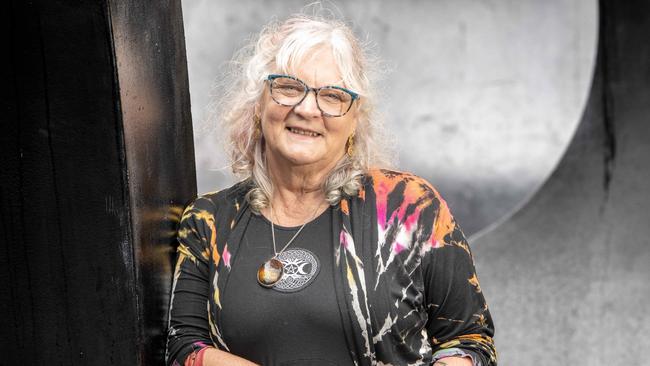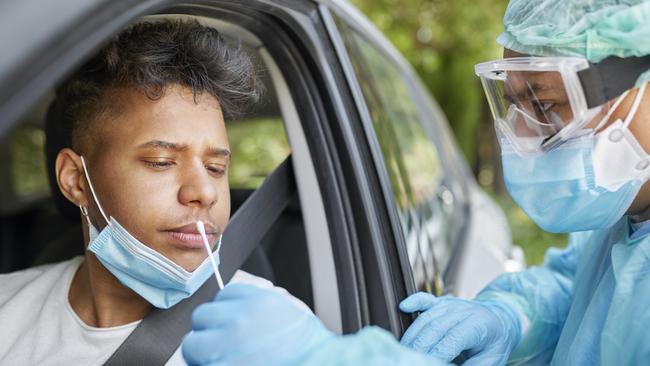WEHI team to study how Covid-19 may affect cancer risk
A Melbourne research team is set to become the first in Australia to investigate how the virus that causes Covid-19 affects cancer risk.
Victoria
Don't miss out on the headlines from Victoria. Followed categories will be added to My News.
A Melbourne research team is set to become the first in Australia to investigate how the virus that causes Covid-19 affects cancer risk.
The Walter and Eliza Hall Institute of Medical Research team led by Gemma Kelly is trying to understand how SARS-CoV-2 – the virus that causes Covid-19 – affects on the development of cancers, including lung and colon cancers and lymphoma.
“The virus does not directly cause cancer, but we know that infected people can have long-term inflammation and that inflammation can impact cancer risk,” Associate Prof Kelly said.
“Our study is about understanding the relationship between the virus and cancer behaviour and then helping to choose the right therapies.”
Professor Kelly, the Laboratory Head at WEHI’s Blood Cells and Blood Cancer Division, said the team wanted a simple yes or no answer to the question: does Covid-19 have any impact on cancer development in people predisposed to develop cancer?

“I love the idea of being able to apply the tools that we have to a question that is so relevant to so many people and to be able to impact on cancer patients for the good,” she said.
“We know inflammation can impact cancer risk. Some people who have Inflammatory Bowel Disease (IBD), can be predisposed to develop colorectal cancer. However, we currently have no knowledge to determine whether this is the same for SARS-CoV-2.”
The study, announced Tuesday as one of four research projects to be funded by Cancer Council Victoria’s $1.9m Venture Grants research program, will run for two years.
Prof Kelly says understanding the relationship was critical as early intervention can often improve a cancer patient’s survival rates.
She said the study would bring together a team with unique tools to help protect the community’s most vulnerable and the information could then help bolster health policies and cancer screening protocols.

Belmont artist Sue Gilbey-Pashley, 59, was diagnosed with throat cancer in April 2020. And while she managed to avoid the virus during her cancer treatment, Ms Gilbey-Pashley did test positive to Covid-19 in April. She said despite being in cancer remission, she was still recovering from Covid-19 seven months on from contracting the virus.
“I get really tired and it’s really hard to tell whether it’s from covid or a reaction to the radiation treatment,” she said.
Despite feeling anxious about a new wave of the virus, the artist says news of the research project makes her optimistic for the future.
“Knowing that there’s research going on into cancer gives a lot of hope that there’s other people out there fighting for you, and trying to get rid of this thing,” she said.
Prof Kelly said the team plans to focus on cancer models of lymphoma, lung cancer, and colon cancer to assess their response when infected with Covid-19 and how they behave with different anti-cancer therapies.
Cancer Council Victoria’s chief executive officer Todd Harper said Victoria had some of the worlds brightest and best cancer researchers.
“Our Venture Grants help give Victorian researchers the chance to be bold and courageous in their pursuit to find tomorrow’s lifesaving treatments and early diagnosis,” Mr Harper said.
More Coverage
Originally published as WEHI team to study how Covid-19 may affect cancer risk




